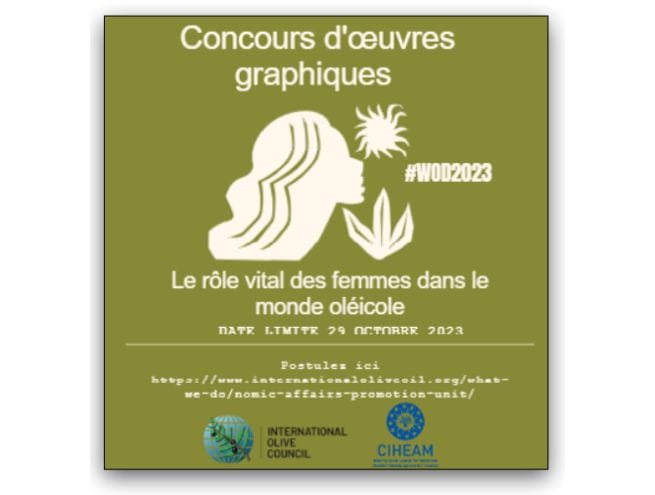As a prominent olive oil producer, Algeria actively participated in World Olive Day on November 23, 2023, with a special emphasis on celebrating the role of women in the olive culture. As a founding member of the International Olive Council (IOC), an association comprising 18 countries and the European Union, Algeria commemorates World Olive Day 2023. The country remains a significant producer of olive oil, dedicating 500,000 hectares to olive cultivation, encompassing around 70 million olive trees.
Algeria, the seventh-largest global olive oil producer, is also the fourth-largest producer of table olive oil worldwide. According to IOC data, the production exceeded 91 million liters in the 2021-22 period. Algeria aims to double the olive cultivation land in the future by adding 400,000 hectares nationally, bringing the total area dedicated to this sector to 900,000 hectares.
The Algerian Ministry of Agriculture and Rural Development states that olive cultivation represents 45% of the total fruit tree area, holding the top position nationally with production capabilities spread across the entire territory. The country has successfully achieved self-sufficiency in olive production. In this context, Algeria will celebrate World Olive Day (WOD) on November 23, 2023, under the auspices of the International Olive Council and the International Centre for Advanced Mediterranean Agronomic Studies (CIHEAM), recognized by UNESCO.
The upcoming edition of WOD will spotlight the vital role of women in the olive oil sector. CIHEAM, an intergovernmental Mediterranean organization collaborating with the IOC in various activities, has prioritized gender equality in its work for many years. The organization has published innovative analyses shedding light on the current status of women's empowerment and gender equality in the Mediterranean region. In 2018, CIHEAM, in collaboration with the Union for the Mediterranean (UPM), released a study on "Enhancing the Role of Women in Rural and Agricultural Areas – Obstacles and Opportunities."
Active participation by women is crucial for preserving food security, as they constitute 43% of the global agricultural workforce (CIHEAM, 2022). Unfortunately, the fundamental role of women often remains overlooked.


